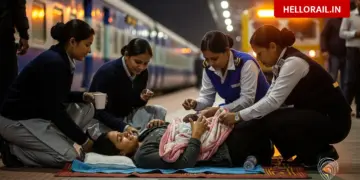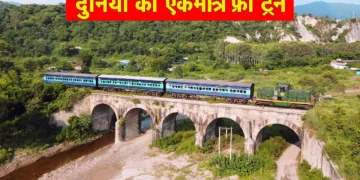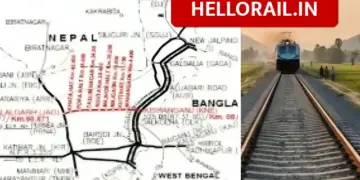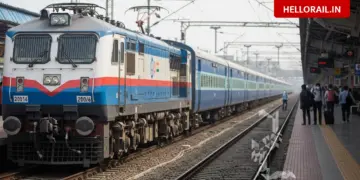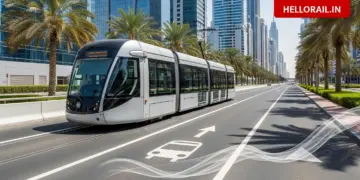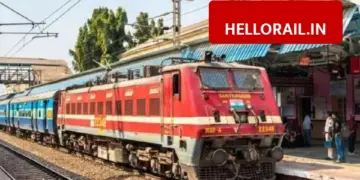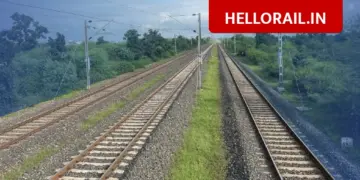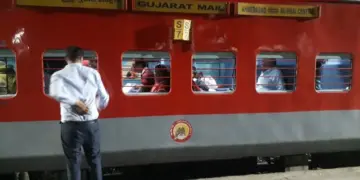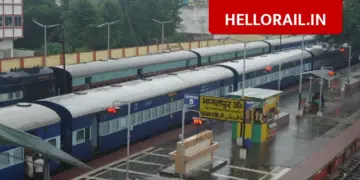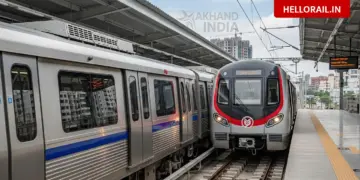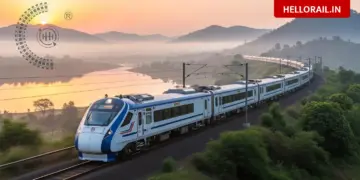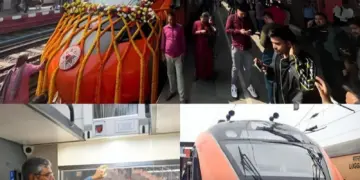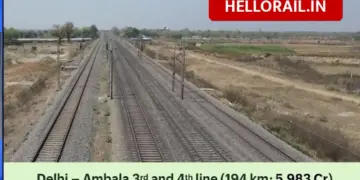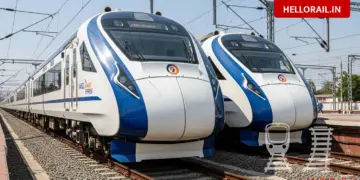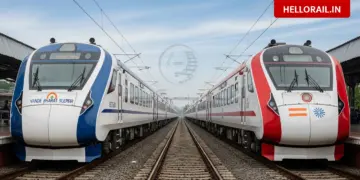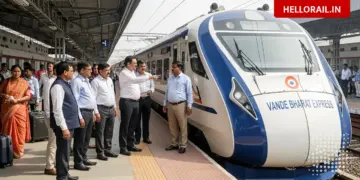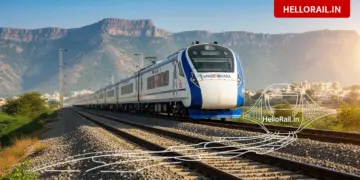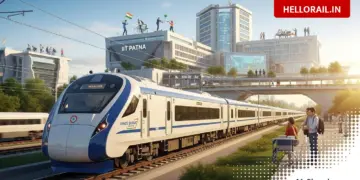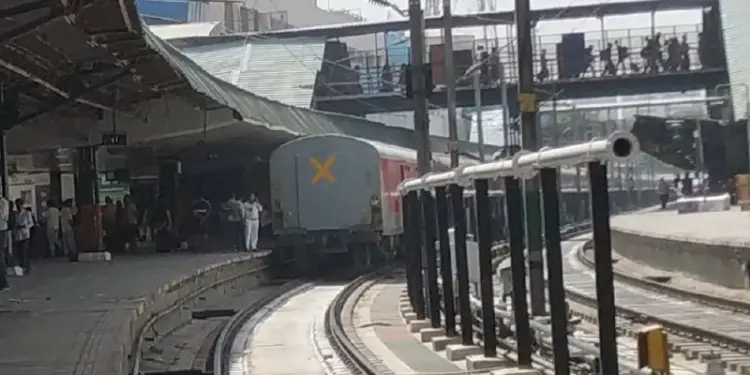Overview of the Multimodal Transport Hub
Greater Noida is set to undergo a significant transformation in urban mobility with the development of the Multimodal Transport Hub (MMTH) at Bodaki. This extensive project, covering approximately 412 acres, is a fundamental component of the Delhi-Mumbai Industrial Corridor (DMIC) initiative, which aims to enhance infrastructure and stimulate economic development in the region. Central to the MMTH is a modern railway terminal designed to reflect the architectural splendor of the New Delhi Railway Station. Equipped with 13 platforms, this terminal is expected to accommodate around 70 trains daily, including the high-speed Vande Bharat Express, thereby improving rail connectivity between Uttar Pradesh, Bihar, and West Bengal.
Project Funding and Infrastructure
The estimated cost for the MMTH project is ₹1,625 crore, with funding sourced through a partnership between the Central Government and the Greater Noida Authority. The Greater Noida Authority is responsible for land acquisition, while the DMIC oversees the financial investments. The MMTH is designed as an integrated transport hub, connecting rail, metro, and bus services seamlessly. To enhance functionality, the hub will be divided into two distinct zones: Zone 1 will feature an Inter-State Bus Terminal (ISBT), local bus terminals, metro services, and commercial establishments, while Zone 2 will include the railway station, hotels, a large overbridge, multi-level parking facilities, and additional retail spaces. This zoning strategy aims to optimize transit operations and commercial activities within the hub.
Economic Impact and Sustainability
The MMTH is poised to act as a catalyst for economic growth in Greater Noida, generating numerous job opportunities and fostering local businesses. This initiative aligns with broader objectives of sustainable and inclusive urban development. The incorporation of green spaces and eco-friendly infrastructure highlights a commitment to environmental sustainability. As construction advances, with initial groundwork such as the development of boundary walls already in progress, the MMTH exemplifies Greater Noida’s transformation into a modern, interconnected, and economically dynamic city. This project has the potential to revolutionize travel for both residents and visitors while setting a benchmark for future urban infrastructure projects across India.
Important Information Organised For You.
| Category | Details |
|---|---|
Project Name |
Multimodal Transport Hub (MMTH) |
Location |
Bodaki, Greater Noida |
Area |
Approximately 412 acres |
Initiative |
Delhi-Mumbai Industrial Corridor (DMIC) |
Cost |
₹1,625 crore |
Funding Sources |
Central Government and Greater Noida Authority |
Railway Terminal Features |
13 platforms, projected to handle around 70 trains daily |
High-Speed Train |
Vande Bharat Express |
Connectivity |
Enhances rail connectivity between Uttar Pradesh, Bihar, and West Bengal |
Facilities |
Coach maintenance yards, water and sewage treatment systems, commercial spaces |
Zone 1 Features |
Inter-State Bus Terminal (ISBT), local bus terminals, metro services, retail outlets |
Zone 2 Features |
Railway station, hotels, overbridge, multi-level parking, retail spaces |
Economic Impact |
Job creation and stimulation of local businesses |
Environmental Commitment |
Integration of green spaces and eco-friendly infrastructure |
Current Status |
Construction underway, initial groundwork in progress |

